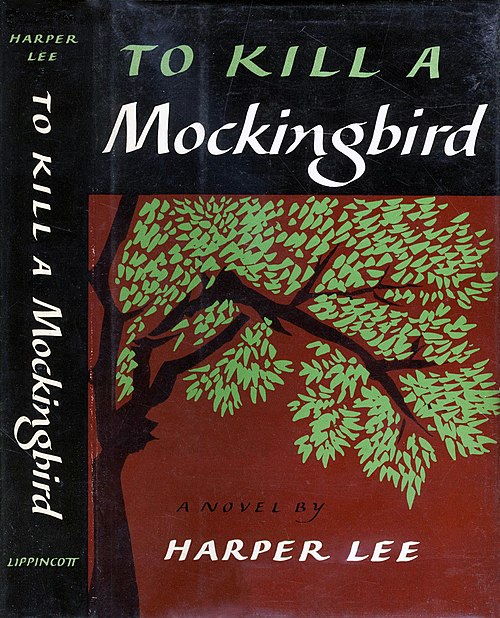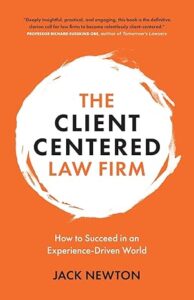
To Kill a Mockingbird
To Kill a Mockingbird is a 1960 Southern Gothic novel by American author Harper Lee. It became instantly successful after its release; in the United States, it is widely read in high schools and middle schools. To Kill a Mockingbird won the Pulitzer Prize a year after its release, and it has become a classic of modern American literature. The plot and characters are loosely based on Lee’s observations of her family, her neighbors and an event that occurred near her hometown of Monroeville, Alabama, in 1936, when she was ten.
Despite dealing with the serious issues of rape and racial inequality, the novel is renowned for its warmth and humor. Atticus Finch, the narrator’s father, has served as a moral hero for many readers and as a model of integrity for lawyers. The historian Joseph Crespino explains, “In the twentieth century, To Kill a Mockingbird is probably the most widely read book dealing with race in America, and its main character, Atticus Finch, the most enduring fictional image of racial heroism.
| Author | Harper Lee |
|---|---|
| Language | English |
| Genre | |
| Published | July 11, 1960 |
| Publisher | J. B. Lippincott & Co. |
| Publication place | United States |
| Pages | 281 |
Born in 1926, Harper Lee grew up in the Southern town of Monroeville, Alabama, where she became a close friend of soon-to-be-famous writer Truman Capote. She attended Huntingdon College in Montgomery (1944–45), and then studied law at the University of Alabama (1945–49). While attending college, she wrote for campus literary magazines: Huntress at Huntingdon and the humor magazine Rammer Jammer at the University of Alabama. At both colleges, she wrote short stories and other works about racial injustice, a rarely mentioned topic on such campuses at the time.[6] In 1950, Lee moved to New York City, where she worked as a reservation clerk for British Overseas Airways Corporation; there, she began writing a collection of essays and short stories about people in Monroeville. Hoping to be published, Lee presented her writing in 1957 to a literary agent recommended by Capote. An editor at J. B. Lippincott, who bought the manuscript, advised her to quit the airline and concentrate on writing
There are no reviews yet. Be the first one to write one.




